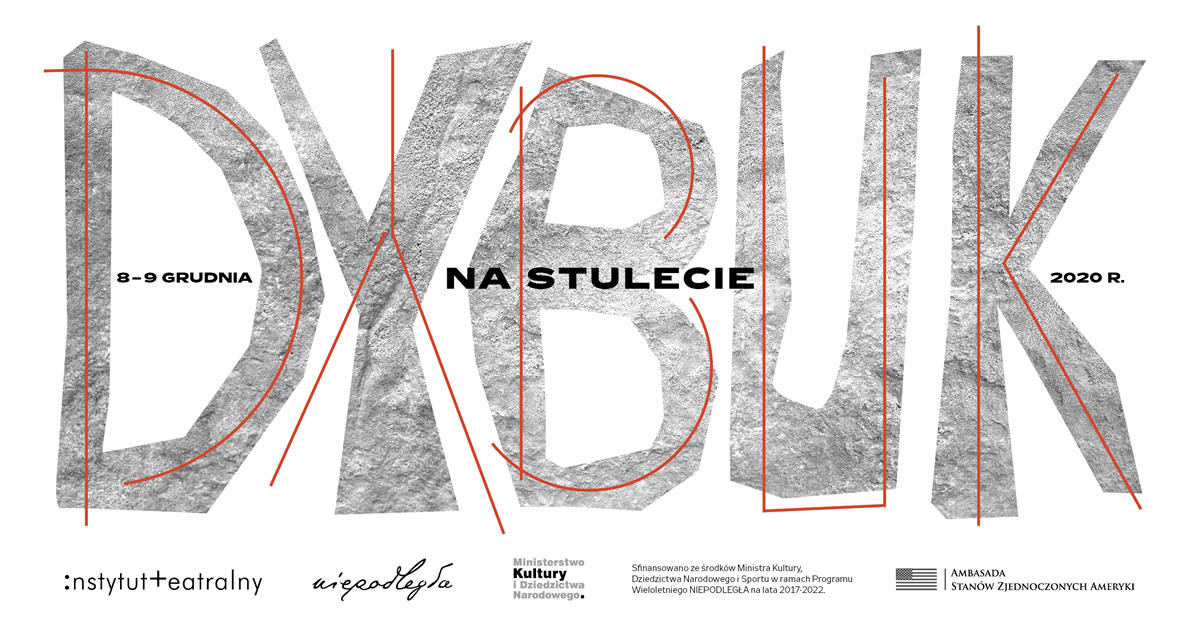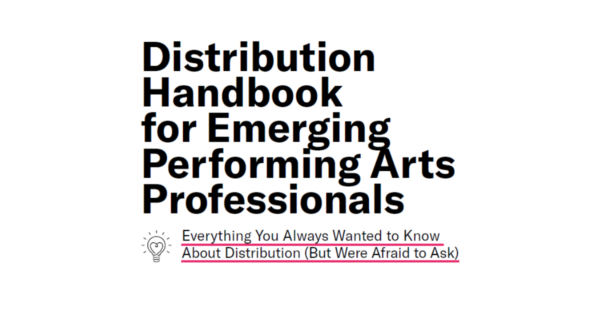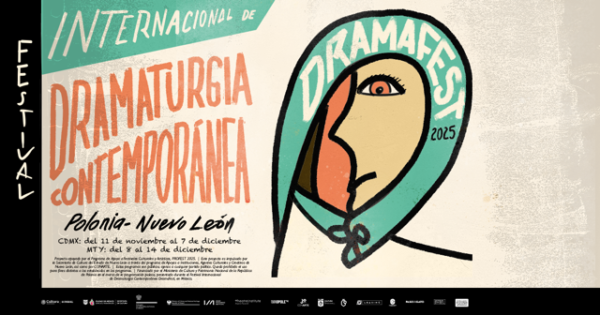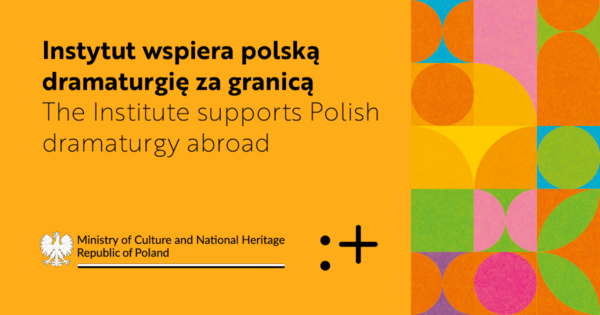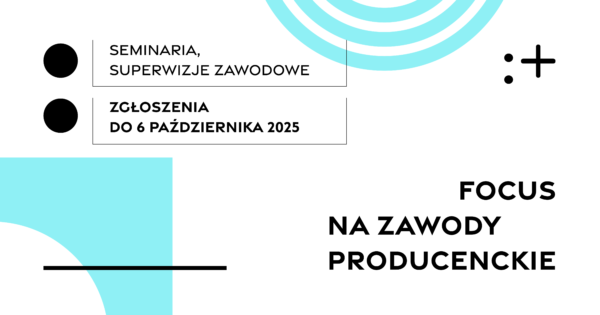On 9 December 2020 we celebrate the centenary the world premiere of “The Dybbuk” by Szymon An-ski. On this occasion, the Zbigniew Raszewski Theatre Institute in Warsaw together with institutions promoting Jewish art has created a programme of events to accompany the anniversary. As part of the project, on 8-9 December, there will be an online premiere of a VR installation directed by Paweł Passini, an online performance of “Babie Lato” [Indian Summer] by Adi Weinberg, and an international seminar devoted to the work of Szymon An-ski and a discussion of theatre directors about the stage history of the drama. We are also planning to publish a previously considered lost translation of “The Dybbuk.”
Centenary of the DYBBUK | PROGRAMME
8 December
18:30 | ONLINE | International seminar dedicated to An-ski and “The Dybbuk” in the world theatre (language: English)
Host: Rachel Merrill Moss (moderator); Northwestern University (Illinois, USA)
Guests:
Diego Rotman (Hebrew University)
Ruthie Abeliovich (University of Haifa)
Nathaniel Deutsch (University of California)
Michael Steinlauf (Gratz College)
Agnieszka Legutko (Columbia University)
Debra Caplan (CUNY Baruch College)
21:00 | ONLINE | Online premiere of the play “Babie Lato” [Indian Summer] by Adi Weiberg
Choreography, dance: Adi Weinberg
Sound: Daniel Sapir
Music: Deru; SeeFeel; Jerry Bock; Jacob Jacobs, Alexander Olshanetsky
Voice: Chaya Thorn
Costumes: Julia Kornacka
The laser sound system used during the performance: Michał Silski, Włodzimierz J. Zakrzewski
“Babie Lato” is a story about the interpenetration of two worlds. Together with the dancer we go on a journey following the voice of her blind grandmother Chaja. This name has several meanings in Hebrew; two of them are “alive” and “lived”. We can also see this duality in her personal history. During the work on the performance and the premiere in May 2018, Chaja was still alive and in Israel, but her memories, recorded during a series of interviews, concerned her childhood – Chaja lived and grew up in a pre-war Polish town.
In the dark, following the protagonist’s voice, the artist tries to capture and preserve her visions, feelings from the past, her character and nature, weaving into them her own experiences and themes related to the decision to move to Poland at the end of summer 2017. As in Józef Chełmoński’s painting that bears the same title, we are accompanied by a certain mood related to the end of a season, metaphorically linked with the process of life changes and things and people passing into the past. The realist landscape also brings to mind the image of life in the Polish shtetl and its rural surroundings, known to the artist from colourful, naturalistic stories told by Chaja. Little by little, to the rhythm of sequential imaginings, the dancer’s body becomes a gobetween and instrument for the voices of the past, moving between the past and the
present. Thus, we witness the journey of souls, as in Jewish folklore tale, Kabbalah or Hasidic mysticism. Through sound and movement, the artist attempts to bring back the dead and places, traditions and a world that no longer exists.
9 December
18.00 | ONLINE | “Reading Dybbuk today” panel with the participation of Polish producers of “The Dybbuk”
Hosts: prof. Anna Kuligowska-Korzeniewska, Gołda Tencer (director of the Jewish Theatre, Jarosław Cymerman (deputy programme director of the Theatre Institute)
Guests: Aneta Adamska, Marcin Bortkiewicz, Artur Pałyga, Paweł Passini, Anna Smolar, Małgorzata Sporek-Czyżewska, Wojciech Szroeder, Janusz Wiśniewski.
20:00 | ONLINE | A VR installation show inspired by “The Dybbuk” directed by Paweł Passini
“Cwiszen … / Between two worlds – tribute to An-ski”
An immersive VR video produced over the course of thirty days that separate the centenary of An-ski’s death and the centenary of the world premiere of his most famous play. Referring to the ethnographic expedition that brought numerous stories and tales from Jewish shtetls, the director takes viewers to his shtetl – the world of post-Jewish void, from which – as he himself emphasizes – he came from. The defragmented images, rearranged by the pandemic, are an attempt to communicate with An-ski, and perhaps also to speak with Death, singing in the void between two worlds.
neTTheatre – Teatr w Sieci Powiązań
„BLISKI WSCHÓD” Artists Association
Creators: Paweł Passini, Aleksandra Konarska, Daniel Słomiński,
Performers: Ilona Janyst, Anna Puzio, Mariusz Bonaszewski, Paweł Janyst, Wojciech
Kaproń, Piotr Michalczuk
The project was realized thanks to the support of the American Embassy
